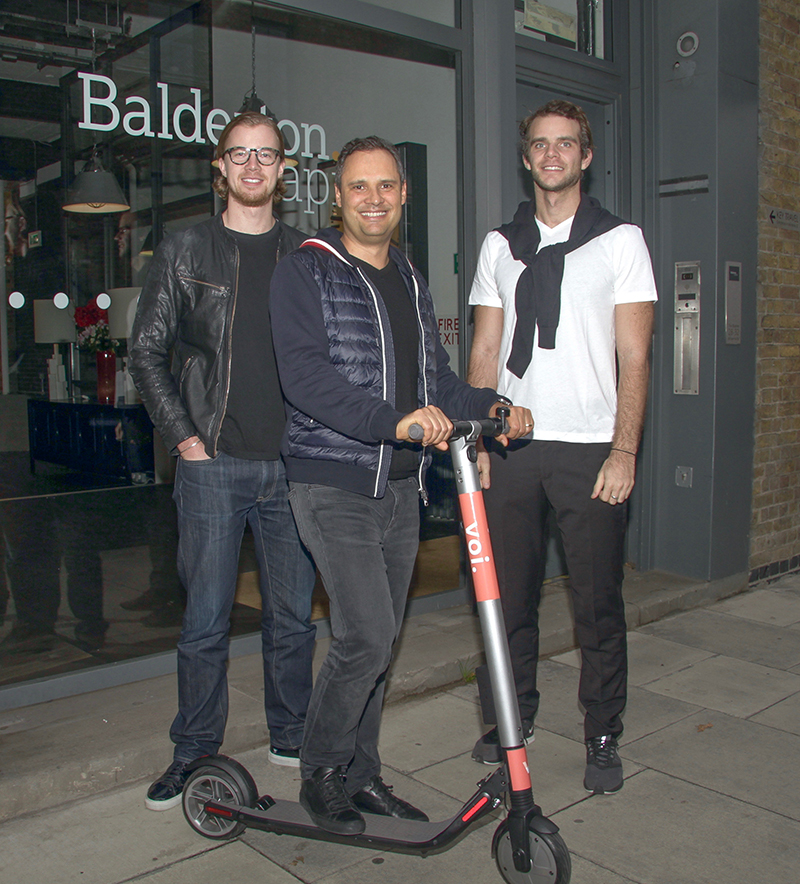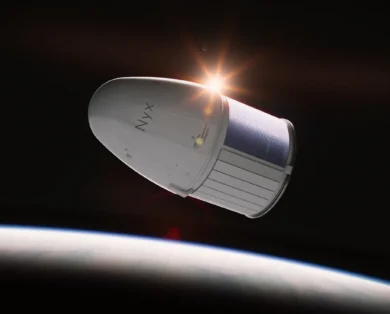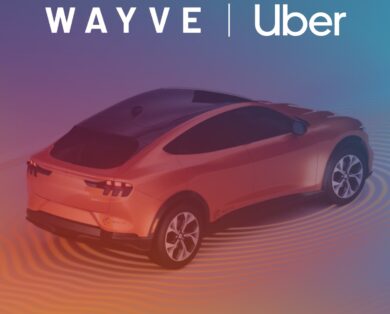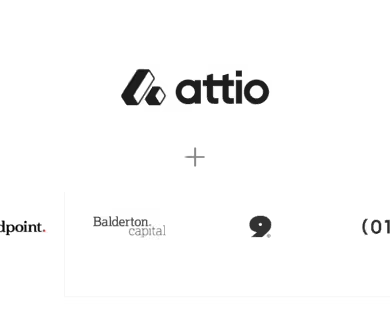- Portfolio News
- 17 December, 2024

e-scooters and the future of urban transportation: our investment in VOI Technology
NOV 19, 2018

Lars Fjeldsoe-Nielsen on Balderton’s investment in e-scooter startup VOI Technology
When I left Europe for the US in 2007, wherever you travelled on the continent the situation was the same: city centres snarled with traffic, pedestrians choking on fumes and cycle lanes so few and far between that cyclists took their lives in their hands whenever they rode the streets.

Today, the picture is of course changing.Take the city I live in: London.A blizzard of initiatives ranging from Cycle Superhighways to the Ultra Low Emission Zone (to be introduced a few months from now) to the fact that all double-decker buses in central London will be hybrid by next year are indicative of the way forward-thinking city governments of all stripes are finally taking the issues of congestion, pollution and liveability seriously. There are similar initiatives all across Europe. In my hometown of Copenhagen, for example, bicycles now outnumber cars — a development directly attributed to that municipality’s focus on creating a cycling-friendly city.Yet of the 27 million journeys undertaken by Londoners daily, over 80% of them are made on the road network, while average traffic speeds in Central London have slumped to 7.4mph. As more and more of us live in urban lives – 68% of the world’s population will live in cities by 2050, according to the UN – and public transport networks take the strain, we need cleaner alternatives too.Whether we’re talking about services like Uber and Lyft or London’s iconic black taxis – which have had to be zero emission-capable since the start of this year — electric (and ultimately autonomous) vehicles are increasingly part of the solution. But to keep city centres moving, short ‘first-and-last-mile’ journeys – where people might drive to a tube station or walk from a bus stop – need to be addressed too. And that’s where electric-scooter sharing comes in.
Read stories about the fundraise:
Urban transport
For a while now, one of the hottest stories in tech from the US has been the arrival of e-scooters, a phenomenon which has spread from California to municipalities across the country, led by micro-mobility companies like Bird and Lime. Clean, convenient and cost-effective, they speed up commutes, ease congestion on public transport, take cars/taxis off the street and reduce the demand for parking spaces. Without a doubt they are going to be a major part of urban transport infrastructure in the years to come. Now they’re about to take Europe by storm too.Bird and Lime have in effect validated the market in the US – both startups have rolled their scooters out to over 100 cities including university campuses. At the time of its Series A round early this year, Bird had reportedly deployed some 1,000 scooters on the streets of its first location, Santa Monica, with 50,000 users taking 250,000 rides over the course of its first six months of operations.VOI Technologies, the Stockholm-based smart mobility startup, whose $50m Series A round we are leading, are moving even faster than that. In less than three months since they launched in August, they have over 1,000 scooters on the streets of Stockholm, Madrid, Malaga and Zaragoza, Spain and, as of today, Gothenburg in Sweden too, with 120,000 users, travelling a total of 350,000km. Not since my time at Uber have I seen revenue cohorts on a par with VOI’s; over the last month, they’ve doubled their revenues, and are on course to – at least – double them again in the coming month.All of which explains why the category of transportation is one of the most exciting I’ve looked into since returning from the Valley to become a VC in Europe three years ago. And that’s despite a number of issues, which would individually – under normal circumstances – have been a red flag for us as investors. These include: the capital required to deploy the scooters; the fierce nature of the competition; the sheer number of competitors; and question marks over what is the correct hardware strategy.
The category of transportation is one of the most exciting I’ve looked into since returning from the Valley to become a VC in Europe three years ago.
Working collaboratively
There’s a further issue too, and it’s undoubtedly the most important. A major part of our due diligence involved digging into the approach VOI would take to collaborating with each of the city authorities where they plan to deploy their scooters. It’s well known that some of their rivals have taken a rough-and-ready, highly disruptive approach, where they introduce a large number of scooters to the streets and effectively wait and see what happens next. In several cases the local governments in question pushed back; indeed, in two European cities, the e-scooter startup concerned was asked to remove all their scooters or face hefty fines.Apart from their proven ability to execute on a par or better than the competition, what’s so impressed us about VOI’s founders, Fredrik Hjelm and Douglas Stark – who met when they served together as intelligence officers in Sweden’s armed forces – was the care they are taking to build up trust and in effect partner with the cities they operate in.Despite the fact that with so many markets in Europe there is space for a number of winners in this sector, ultimately whoever receives the most operator licenses across the largest number of locations will be the most successful. That means working collaboratively with each city and national government by offering to share data, be transparent and ensure scooters fit into the local transportation ecosystem. It’s abundantly clear to us that Fredrik, Douglas and the VOI leadership team — in hiring top talent who in some cases relocated from competitors in California to Stockholm — have assembled the best team to do that.














